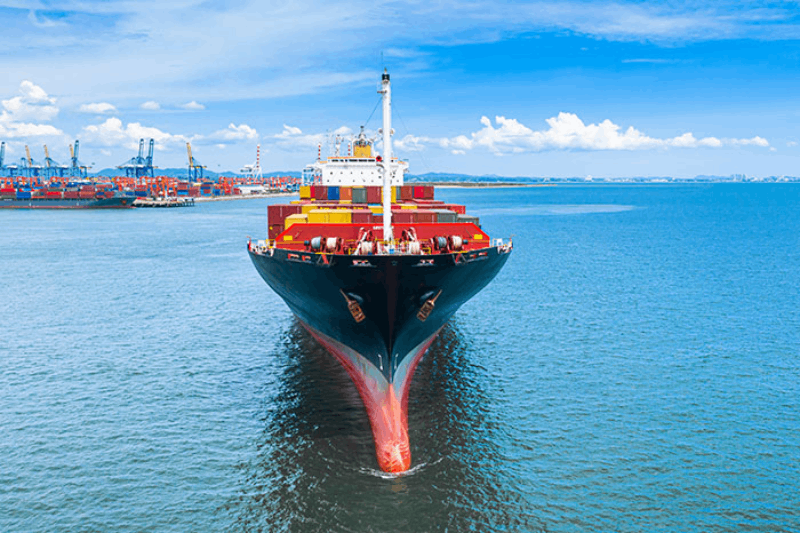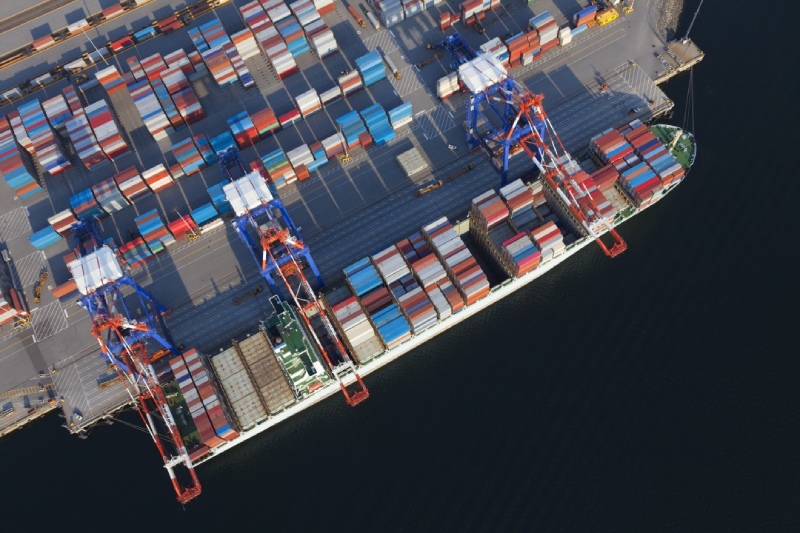Time:2021-11-10 Publisher:Kevin Num:6519

The surge in import and export demand this year was originally a good thing for the Suez Canal. However, due to the "Ever Given" incident at the beginning of the year, the canal was blocked for some time.
The impact of the incident on the Suez canal can be said to be huge. After so long, the world's most important canal announced an important decision.
The Suez Canal Authority of Egypt said that from February 2022, the charges of ships passing through the canal will be increased by 6%. Excluding LNG ships and cruise ships.
Suez Canal Authority said that LNG carriers are a very competitive market. In October this year alone, 84 LNG ships passed through the canal.
In this regard, the authority will also reduce the charges of LNG ships from this month, and the plan will be adjusted from 25% to 15%.
According to the statement, the Suez Canal Authority should not only consider meeting the needs of canal management, but also ensure the interests of all relevant parties.
Osama rabea, chairman of the Suez authority, said that they would consider the global economic situation and implement a flexible pricing strategy to realize the interests of the canal authority and customers.
In fact, the fee increase has been balanced with the forecasts of the international testing foundation and the world trade organization.

Panama Canal will also raise shipping charges
It is understood that the Panama Canal Authority(PCA) is planning a green transformation, which will increase the cost of passing through the canal.
At the cop26 meeting held in Glasgow on November 6, PCA said that it would launch a $70 billion long-term development plan to achieve zero carbon emission of the Panama Canal by 2050.
"In the short term, we will continue the reforestation program, which has absorbed 1 billion tons of carbon dioxide," said Alexis Rodriguez, a climate expert at the PCA
He acknowledged that the cost of the decarbonization plan would lead to higher fees. Although customers will pay more for the transit canal, the operation will be more conducive to climate change.
Since these costs apply to ships and are paid by operators, they are likely to be shared among shipowners with goods on board and eventually passed on to consumers.



